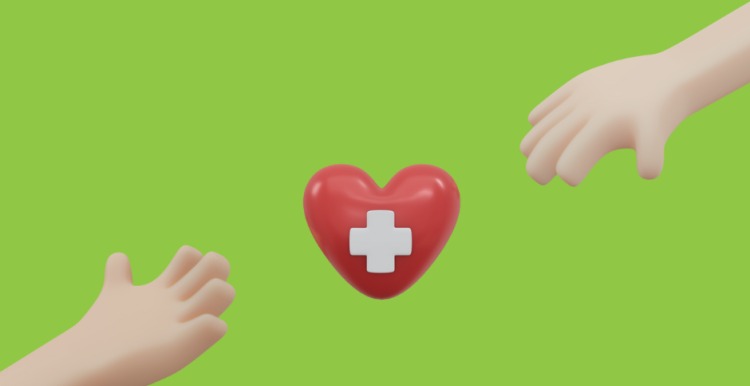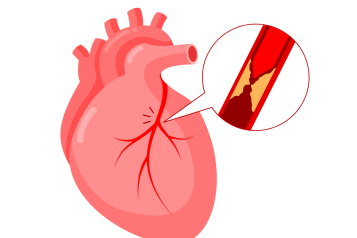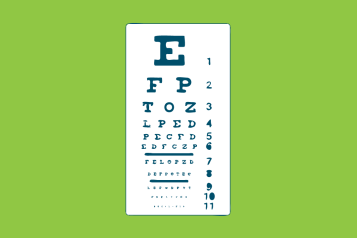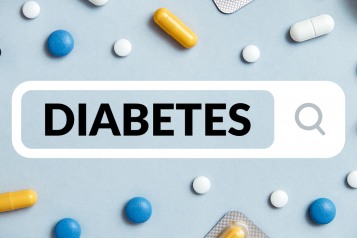You could save someone’s life

However, most organ and tissue donations come from people who have died.
Who can donate?
Anyone can register a decision to become an organ donor after their death, there is no age limit.
To donate organs after death, a person needs to die in hospital in specific circumstances.
There is no age limit for becoming an organ donor. Parents and guardians can register their children, and children can register themselves.
Children who are under 12 in Scotland and under 18 in the rest of the UK at the time of registration will require their parent or guardian's agreement for donation to take place.
Can you become an organ donor if you have a medical condition?
Having an illness or medical condition doesn't necessarily prevent you from becoming an organ or tissue donor. The decision about whether some or all organs or tissue are suitable for transplant is made by medical specialists at the time of donation, taking into account your medical, travel and social history.
A person cannot become an organ donor if they have or are suspected of having:
- Creutzfeldt – Jakob Disease (CJD)
- Ebola virus disease
- Active cancer
- HIV
Can you become an organ donor if you smoke?
It is still possible to become an organ donor if you smoke. Specialist healthcare professionals will make a decision whether a person's organs and tissues are suitable for donation. Smokers, and people with other health conditions, have already saved thousands of lives through organ donation.
Can you become an organ donor if you have a tattoo?
Having a tattoo does not prevent you from becoming an organ donor.
Can you become an organ donor if you drink alcohol?
Drinking alcohol does not prevent you from becoming an organ donor. Although a heavy alcohol intake might affect your ability to donate some organs.
Does my race, or ethnicity, matter in organ donation?
Donors are needed from all communities and ethnicities.
Blood and tissue types need to match for a transplant to be successful, and organs from donors of the same ethnic background as the recipient are more likely to be a close match.
The opt out system:
The decision is still yours to make
Within an opt out system, the decision about whether you choose to donate your organs, or not, is still yours to make.
If you don't want to donate, it's really quick and simple to record your decision on the NHS Organ Donor Register. There is no deadline for recording this decision, you can change your mind at any time.


